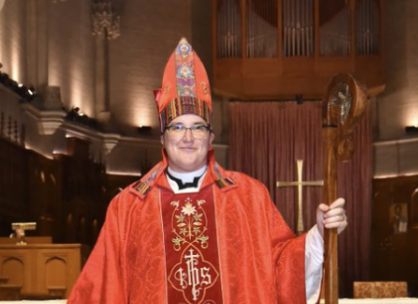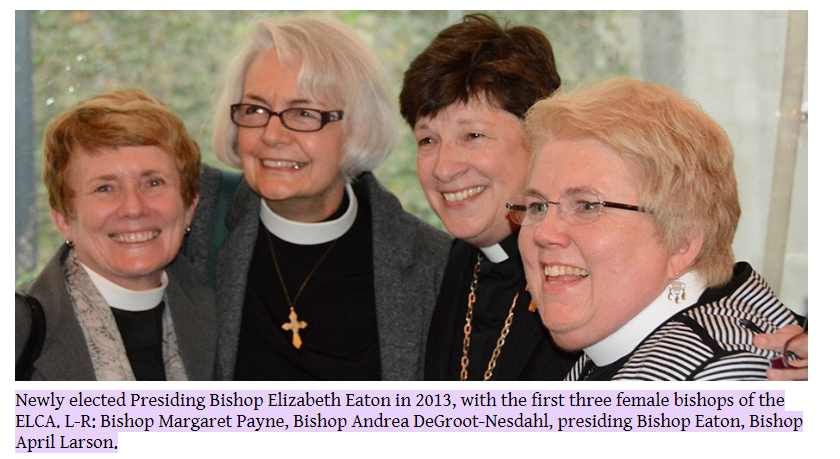Unbelievers - especially the apostate clergy and bishops, who have abandoned the Christian Faith - cannot understand or teach the Parables of Jesus.
The parables of Jesus were never designed to teach the masses, but only to obscure the stories and comparisons. Do not get angry, because Jesus stated that apparent contradiction for good reason.
KJV Matthew 13:10 And the disciples came, and said unto him, Why speakest thou unto them in parables? 11 He answered and said unto them, Because it is given unto you to know the mysteries of the kingdom of heaven, but to them it is not given.12 For whosoever hath, to him shall be given, and he shall have more abundance: but whosoever hath not, from him shall be taken away even that he hath. 13 Therefore speak I to them in parables: because they seeing see not; and hearing they hear not, neither do they understand.
Then, as now, people seized on certain examples and did not absorb what Jesus was saying. Many errors blossomed in the first centuries after the Savior ascended to Heaven. The most obvious is the elevation of Mary which was gradually boosted by the new idea - that Mary had to be without sin of any kind, because the Son of God could not have been born unless the mother was immaculate (literally without spot).
Purgatory grew from false notions, that people died in a sinful state, no matter how much was done (reparation offerings - literally repayment; self-punishing; merits - faith needing works.) The demands and punishments of Purgatory grew so much that even the living were enlisted to cut down on the time required.
The concepts of Immaculate Mary and Purgatory were woven together, since Mary was turned into the comforter of those who were paying for their sins. Jesus became the angry judge who had to be restrained by Mary. Fear and emotions created a vast world-wide community of dogma.
The parables are for believers who study and hear the Word of God. Their faith in Jesus Christ is mocked, and those mockers love to say, "Nobody knows what the parables mean."
KJV Matthew 13:34 All these things spake Jesus unto the multitude in parables; and without a parable spake he not unto them: 35 That it might be fulfilled which was spoken by the prophet, saying, I will open my mouth in parables; I will utter things which have been kept secret from the foundation of the world.
Matthew 13 is the treasure trove of parables, but they are found elsewhere, often with slight differences (mocked by apostates).
- Matthew 13:18 - The Sower and the Seed
- Matthew 13:24 - The Good Seed
- Matthew 13:31 - The Grain of Mustard Seed'
- Matthew 13:33 - The Leaven
- Matthew 13:44 - Treasure Hidden in a Field
- Matthew 13:45 - The Pearl of Great Price
- Matthew 13:47 - The Net Cast






















